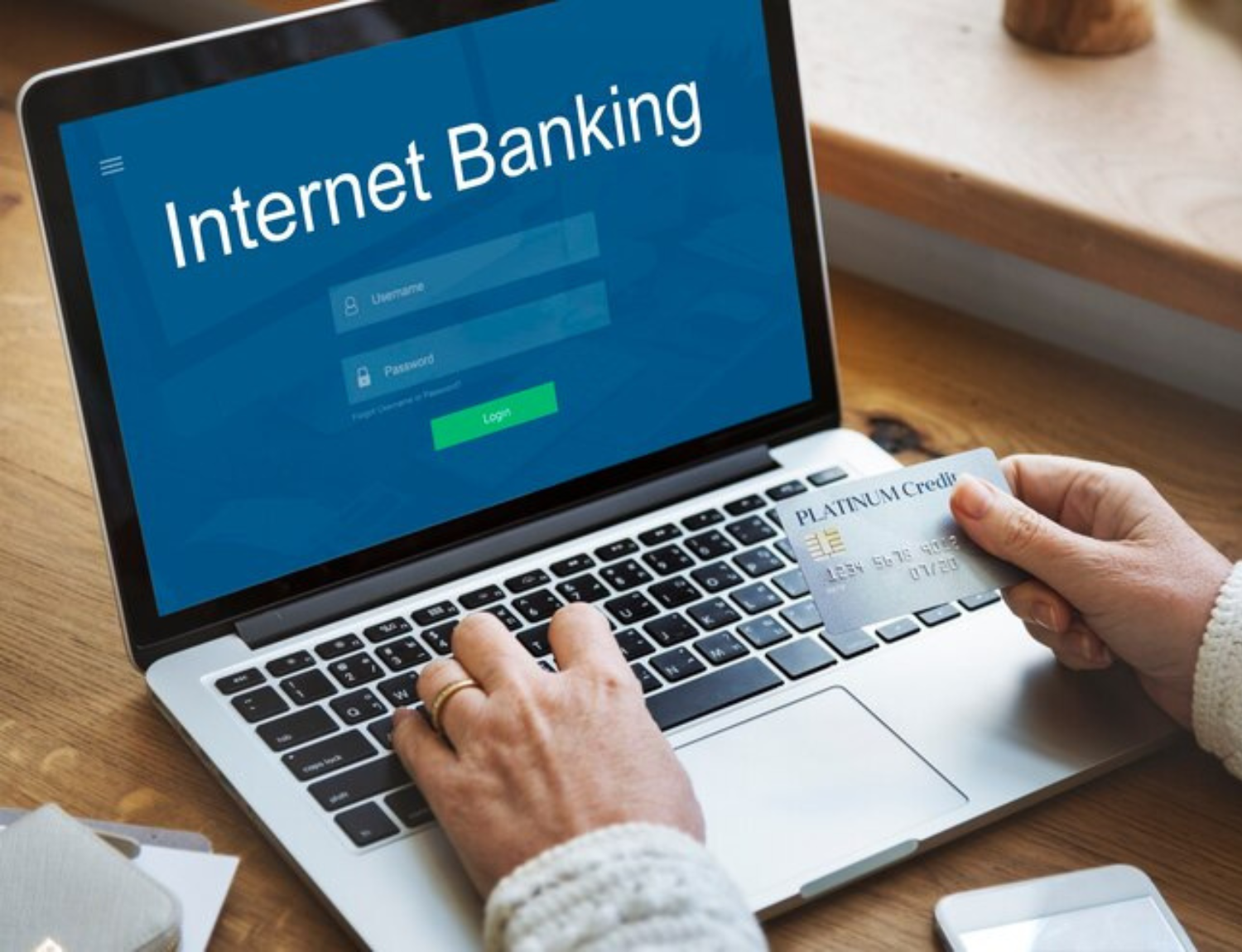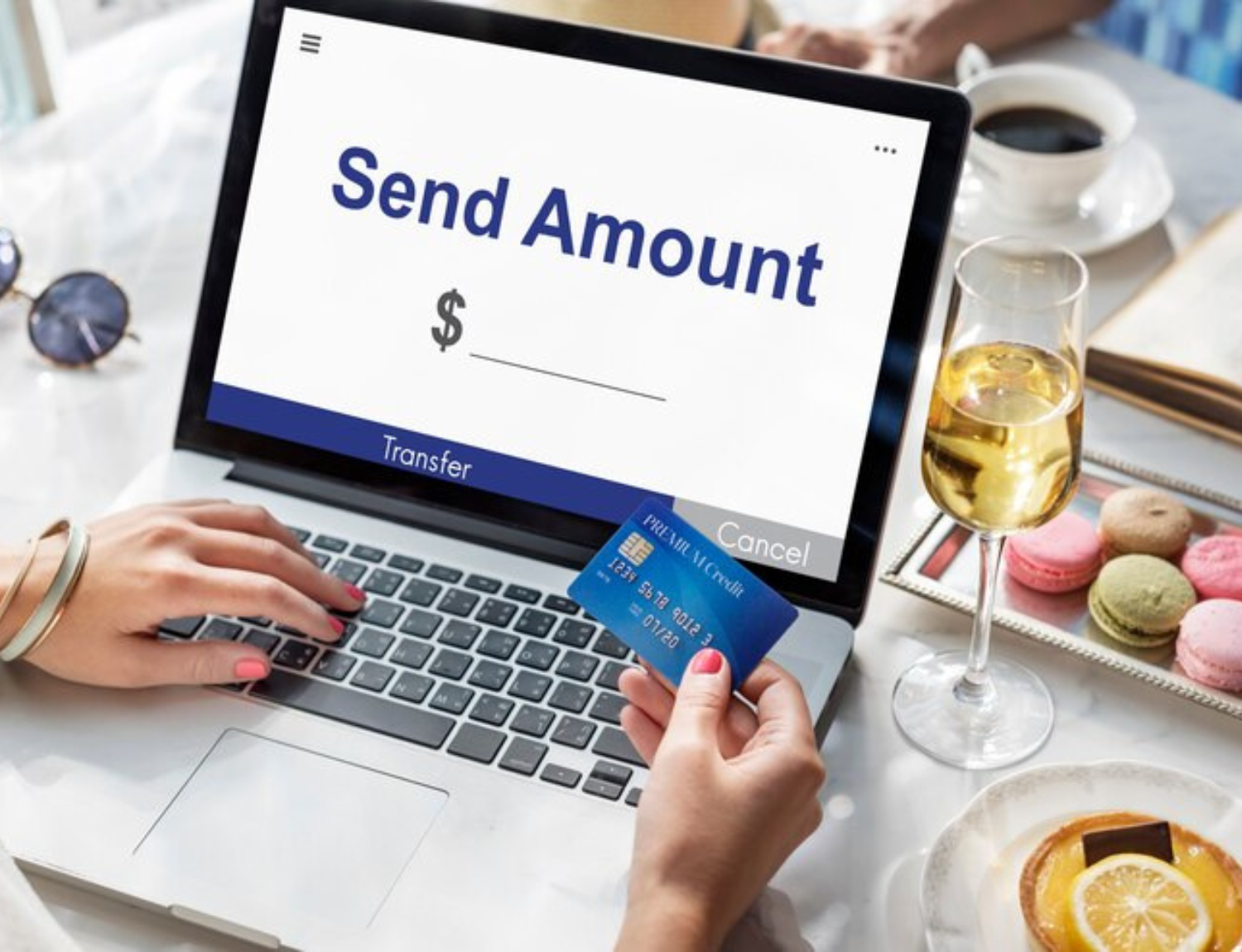We live in an era of online transactions, internet banking and convenient fund transfers. No matter how trivial or simple our bank needs are, we tend to be completely dependent on technology. Laptops and smartphones have made life easier and have taken over every aspect of our lives. Gone are the days when we had to think twice before banking. But, with technology comes the risk of online fraud and thefts.

Online banking has added convenience to life but, it comes with a fair share of risks. To protect your account information and prevent banking fraud, it is important to adopt safe banking practices. How do you ensure complete safety of sensitive information? Here are 10 things that will help to keep your bank account safe.
-
Change Passwords
We understand that you do not like to change passwords frequently. But, if you have to efficiently deal with fraudsters, it’s a great ploy to keep them away. A banking password needs a series of letters, symbols and numbers. These kinds of passwords are quite difficult to accurately judge, especially if you keep jumbling the characters.
Don’t let anyone have access to your banking passwords and try to memorize them. However, if it’s difficult to remember so many passwords, log into your banking account from a secure device. Use a password manager to keep your passwords safe. But, never use this feature on a shared or public laptop or computer.
-
Avoid Public Wi-Fi
Hackers love a public Wi-Fi connection. In many cases, these connections are not secure. This makes it a conducive ground for banking fraud. The fraudsters can easily access your login information and passwords without much trouble. To be on the safe side, establish a virtual private network (VPN) connection with your mobile internet. It is particularly useful when you have to access your bank account in a public domain.
-
Do Not Activate Automatic Login
The automatic login feature can be useful but, it can also pose a threat to your privacy. It allows the browser to automatically save usernames and passwords. While this may be useful for accessing your accounts on multiple sites, it is not recommended for banking sites. If you have this feature enabled on your smartphone, for example, it can be extremely risky. Anyone swiping your phone can access your bank account and even conduct unauthorized transactions without your knowledge. If you have enabled it on your phone, do not think twice before disabling it!
-
Two-Step Authentication To Prevent Online Fraud
To ensure safe online banking, most banks activate the two-factor authentication system. It provides an extra layer of protection and prevents hackers from easily accessing sensitive information. Once enabled, you will receive a one-time password (OTP) to authorize every transaction from your account. Typically, text messages to a registered mobile number are sent for verification. Any transactions from your bank account can be completed only after you give the correct OTP.
While it may look like an inconvenience at the beginning, it is a great way to protect your information. Moreover, if anyone tries to carry out unauthorized transactions from your account, you’ll be immediately notified. You can contact the bank and stop fraudulent activities without any delay.
-
Be Careful At the ATM
Try to be watchful while withdrawing cash from an ATM. Never let anyone take a look at your card or the ATM pin. It is also a good idea to cover your hand while punching the numbers on the keypad. Sometimes, frauds can happen when hackers get access to video feeds from ATMs. To create a confusing pattern, you may also move your fingers over different numbers. Most importantly, never hand over the card to the security personnel. Even if you are unable to withdraw cash in the first or second attempt, do not trust anyone.
-
Exercise Caution During Shopping
Another vulnerable place where banking information leakage is common is online or offline shopping. Always use a safe and secure site for online shopping. The security certificate will be visible and you can also see the lock icon on safe sites. Similarly, at a mall or any other retail store, do not let anyone take a peek at your card. Keep the CVV number hidden.
Do not carry the card in your hand for too long. Fraudsters may be on the lookout for such opportunities. At the cash counter, never lose sight of your card even if you have to hand it to the cashier. To ensure safe banking, never hesitate to exercise caution. It will help you to keep your bank account safe and save you from a lot of trouble.
-
Set Limits On Payments
With the frequent use of one-touch credit cards, online banking risks have also increased manifold. While these cards can complete transactions in a jiffy, they pose considerable threats. Remember to set limits on your credit cards, especially for one-touch payments. Never authorise expensive purchases with one-touch. Prefer OTPs and Pins to complete these transactions.

It is preferable to set a maximum limit for all types of card transactions. This also prevents fraudulent activity. If you lose your card, it will prevent financial losses and keep your account safe.
-
Importance of SMS Notifications
Most of us tend to overlook SMS notifications. But, when it comes to online banking, it is a great way to ensure data safety. Transaction alerts, OTPs and password notifications are sent via SMS. Banks use an authorised number to send these details. You’ll be immediately notified in the instance of fraudulent transactions.
It also prevents double withdrawals, one of the common risks faced by many people. Card payments have made transactions simple and hassle-free. But, at times due to elate notification or a server error, the card may be swiped twice. SMS notifications will let you know if the same amount is transferred to the retailer’s account by mistake.
-
Beware of Phishing and Vishing
Online hackers and fraudsters have started to rely on unique techniques to trick people. Never open phishing emails that ask for sensitive personal information. Banks will never ask for passwords, OTPs or other personal information over phone or email. If you find any mail asking for such information, do not entertain it. If it does not come from a legitimate source, ignore it.
Vishing or voice phishing has also become quite popular nowadays. Fraudsters pose as bank personnel and call up people to access passwords or OTPs. If they insist on solving banking issues over the phone, it is a clear indication of online fraud. Steer clear of such phone calls. Don’t be flustered or stressed with whatever they say. If in doubt, check with your local bank or call up the phone banking number to verify the matter. Get a detailed overview of the advertised scheme from phone banking officers. If you notice anything mysterious, inform the bank without delay.
-
Regularly Check Bank Statements
Safe banking always starts with healthy practices. If you have a habit of ignoring bank statements, start checking. Your bank statement will give a clear indication of the funds in your account. Transactions through credit or debit cards will also be mentioned in the statement. Scan your statements regularly to keep an eye on any unauthorised transaction. If you find anything suspicious or fishy, contact your bank immediately.
Do not overlook credit card statements, especially if you have carried out online transactions with it. In many cases, we return ordered items and the amount is credited back to our card. If you do not keep track of such transactions, it can be a cause of concern. If a hacker gets access to the same account, he may carry out unauthorised purchases with your card. Never let it happen and if you cannot match expenses with your purchase, bring the matter to your bank’s knowledge.
Adopt Safe Online Banking Practices
Everything is now readily available at your fingertips. Banking is no longer a hassle. In fact, the bank is now open 24×7, wherever you are. With the growing popularity of phone banking and internet banking, online transactions are consistently rising. At times such as this, you need to ensure the safety of your banking information. Staying alert and adopting safe banking techniques can save a lot of hassle. In most cases, your common sense will be a saviour. Rely on it to make the best judgments.
If an email or SMS notification looks suspicious, report the matter immediately. Avoid using unsafe networks or sites for online transactions. Besides, many people forget to refresh their anti-virus programs. If you haven’t installed an antivirus on your smartphone or laptop, do it as soon as possible. If it has expired, do not delay a renewal. And if you keep changing passwords often with complex character combinations, fraudsters will definitely stay away.
Keep a tab on the tips we’ve shared here to ensure the safety of your bank account. A little caution and common sense can help to avoid a lot of trouble.